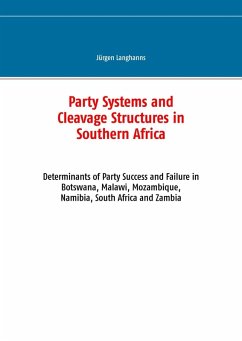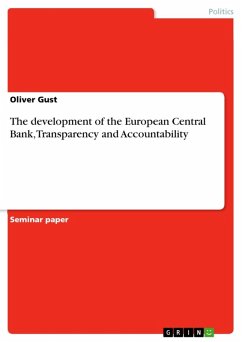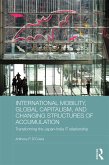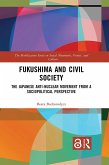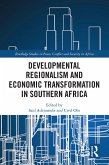For the interaction of society and political parties within the electoral system in southern Africa, it is necessary to systematically investigate the social structures (cleavage analysis) and measure the success or failure of political parties against the backdrop of the election programmes (manifesto research). The focus of this research is the six polyarchies of Botswana, Malawi, Mozambique, Namibia, Zambia and South Africa. In countries with the voting system of proportional representation, neither coalition governments nor alternative government parties have ruled since 1990. In countries with a majoritarian voting system, either coalitions have formed a government, or one party has remained unchallenged for decades. The research results show that the previous electoral outcomes are the reflection of the cleavage structure, and there are indicators in the societies examined that can meet the theoretical expectations of democratic societies in the future. In part I, the theoretical framework for the cleavage analysis and party analysis is established, which applies for the six case studies of part II. The societies are examined in terms of eight cleavages, their extension and their political relevance. The cleavages are related to the settlement area, the occupation, the income distribution, the religion, the ethnicity (race), the language heritage, the educational level and citizenship (the proportion of foreigners). In the context of the electoral system, political parties represent the social interest. Their goals are recorded as contents of the manifesto, which can be used for Wordscores to compare the political parties on the policy domains Freedom and democracy, Political system, Economy, Welfare and quality of life, Fabric of Society and Social Groups. Each domain is described by two contrasting definitions, which are used for aggregating Left-Right categorisation of the parties. The regional results in the comparative study (part III) define the categories Left, Right and Liberal of political parties. The qualitative comparative analysis (QCA) is used to define the content of the left-wing, right-wing and liberal political parties in the context of Southern Africa. At the same time, the contents of the definitions are factors in the success of parties in Southern Africa. Parties with right-wing content are found mainly among the government parties, and parties with politically left-wing or liberal content are mainly opposition parties.
Dieser Download kann aus rechtlichen Gründen nur mit Rechnungsadresse in A, B, BG, CY, CZ, D, DK, EW, E, FIN, F, GR, HR, H, IRL, I, LT, L, LR, M, NL, PL, P, R, S, SLO, SK ausgeliefert werden.

